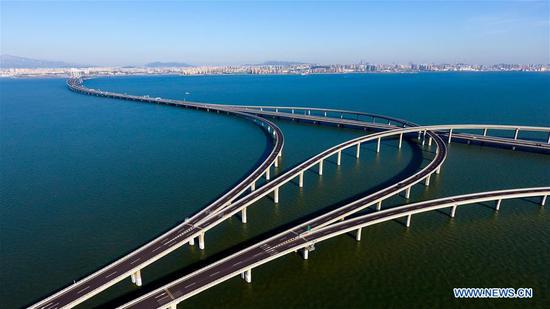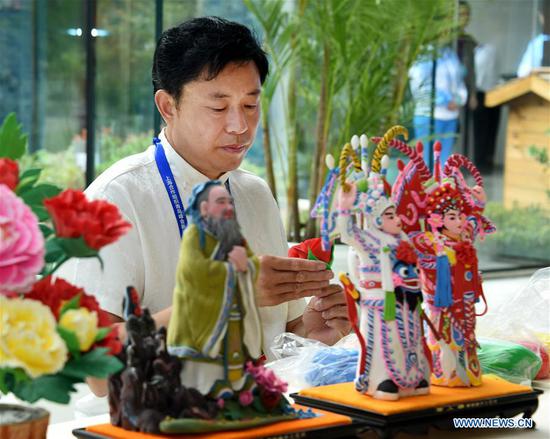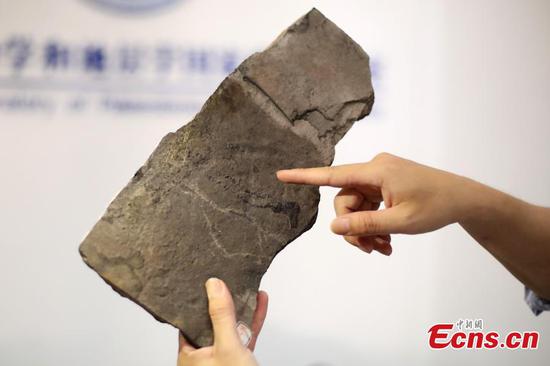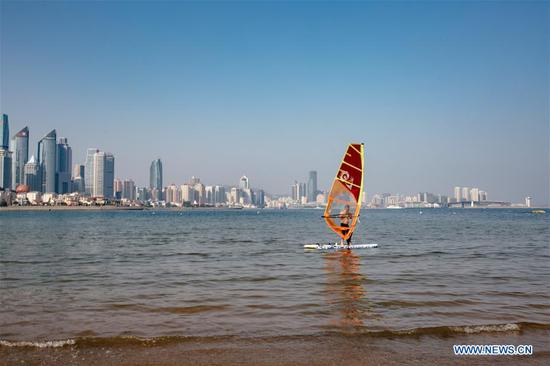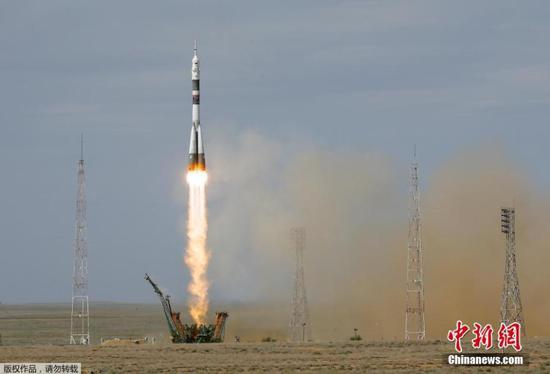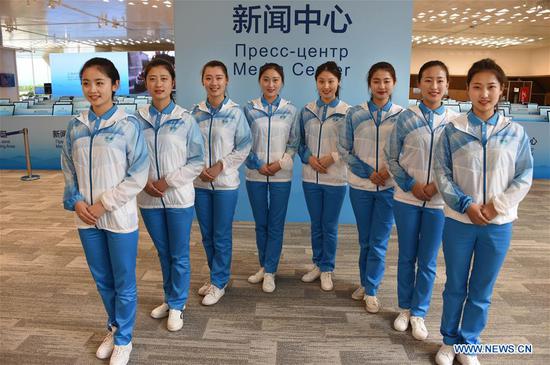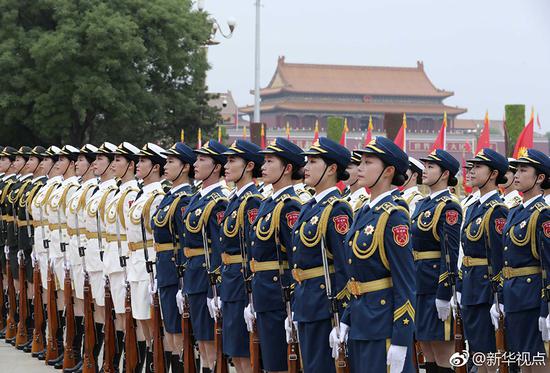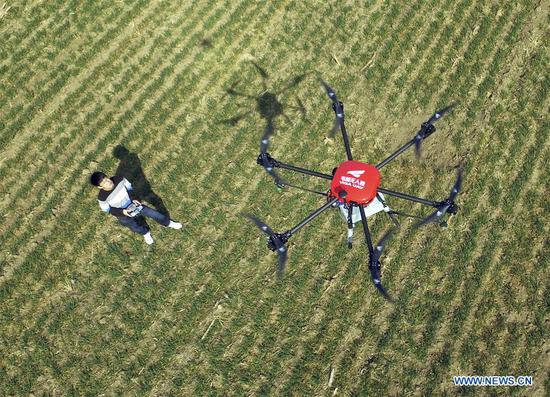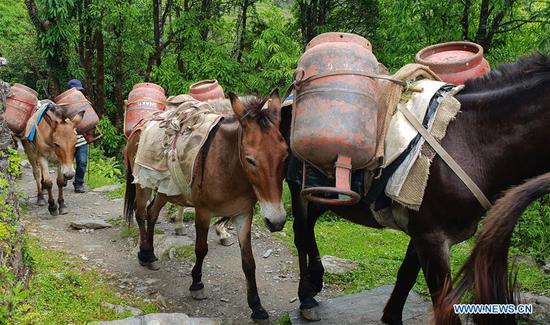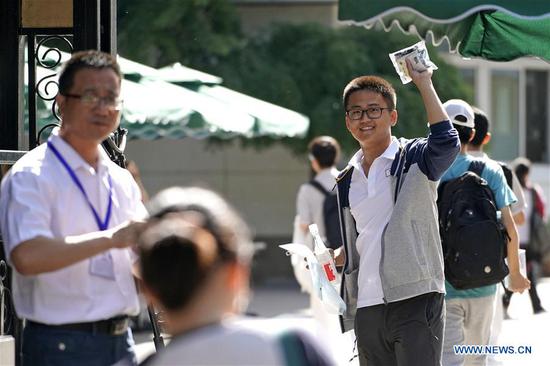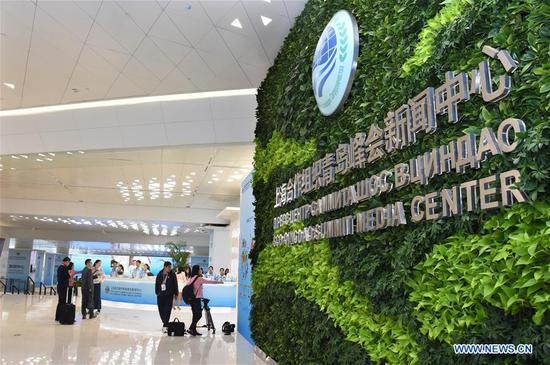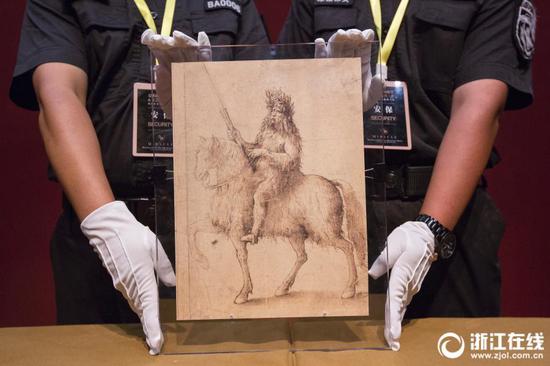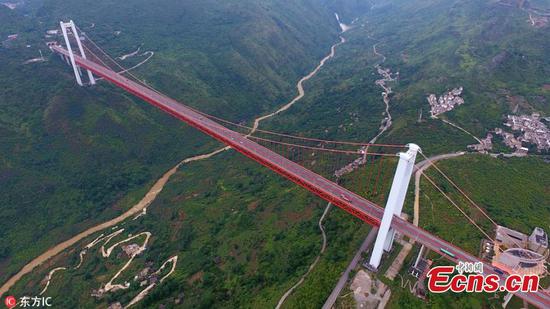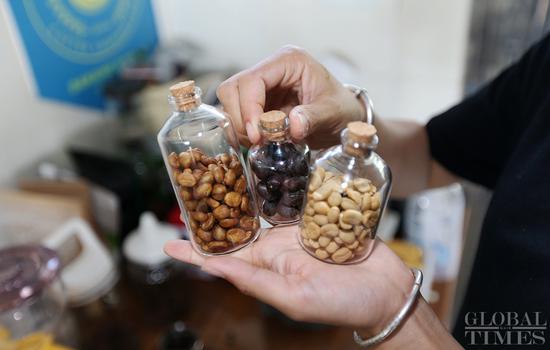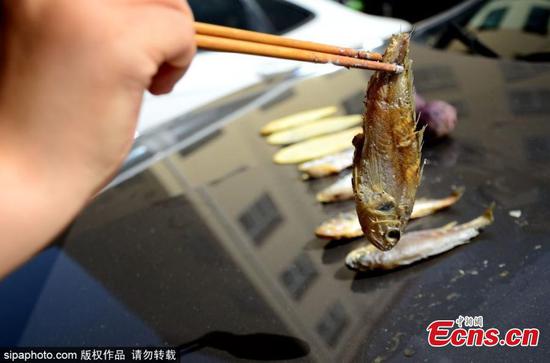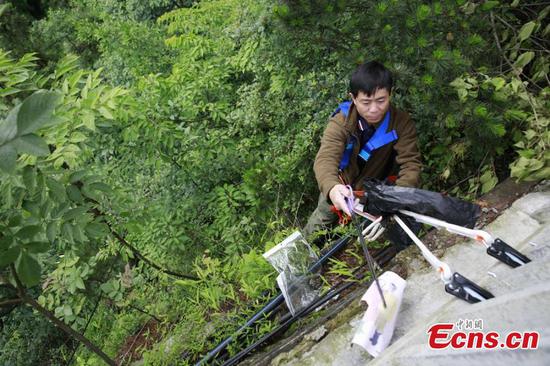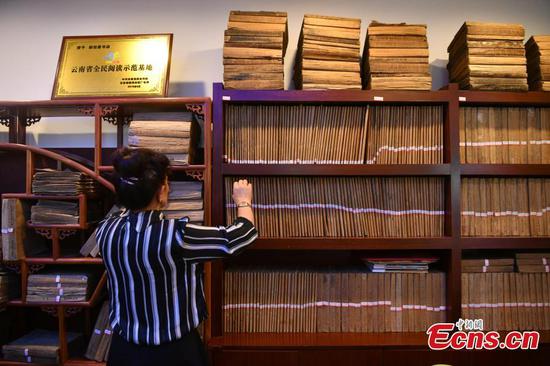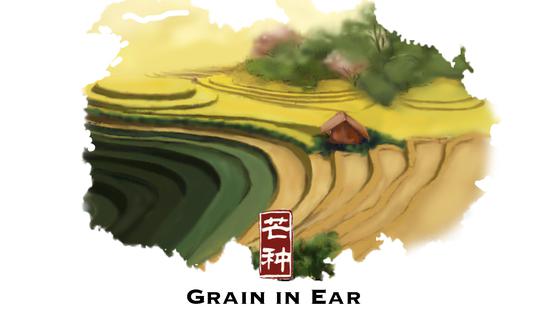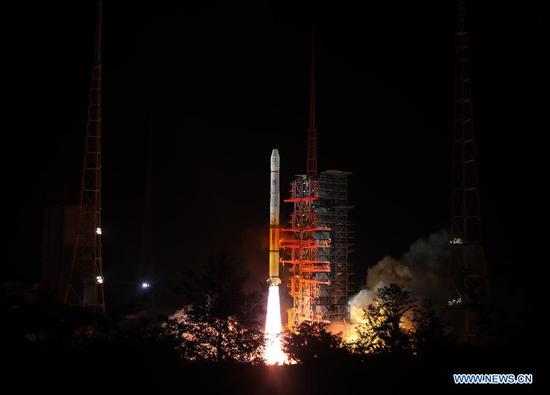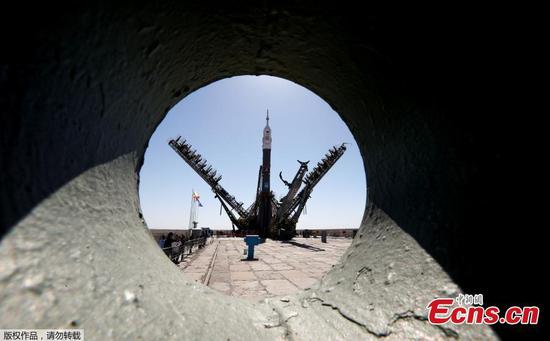With China holding the rotating chair of the Shanghai Cooperation Organization this year, the regional group can take advantage of the Belt and Road Initiative to boost interconnectivity and catalyze member states' economic growth, veteran officials said.
These senior political advisers made the observation at a symposium late Wednesday that reviewed a report about the SCO compiled by the Chongyang Institute for Financial Studies at Renmin University of China.
The report said the eight members can use this weekend's Qingdao summit to promote mutual understanding and communication in areas ranging from politics, economics and culture so they can unleash more potential for shared growth.
The members of the SCO are China, India, Kazakhstan, Kyrgyzstan, Pakistan, Russia, Tajikistan and Uzbekistan.
All SCO members are located along the ancient silk road, a fact the officials said offers sufficient geographical conditions and advantages for synergy.
As a global financial downturn slowed the SCO members' domestic industrial transformation, the report said they all face both domestic and global pressures, and poverty reduction is a common task for them.
Djoomart Otorbaev, former prime minister of the Kyrgyz Republic and now a senior researcher at the Chongyang Institute, said most SCO members are involved in the Belt and Road Initiative at different levels and have enjoyed early successes through cooperation.
He said a synergy between the SCO's programs and Belt and Road Initiative projects makes perfect sense, as the initiative-being a regional interconnectivity and cooperation plan-needs the support of SCO members.
Hua Liming, China's former ambassador to Iran, said the Belt and Road Initiative and the SCO both uphold the spirit of building a community with a shared future for mankind. Both not only promote regional collaboration, but also international cooperation, which provides benefits for the entire world, Hua said.
The SCO members account for nearly 20 percent of the world's total economic output.
Pioneering projects of the synergy among SCO members and the Belt and Road Initiative include those covered by both Kazakhstan's The Bright Road economic strategy and the initiative, and those hosted by the China-Pakistan Economic Corridor.
The think tank report noted that the SCO includes the world's largest country, the world's largest manufacturing nation, the nation with the most gas stations and oil depots and the world's two most populous countries.
The report said the member nations have strong economic matches and are eager to cooperate with one other.









